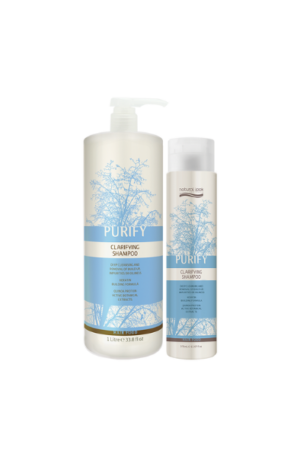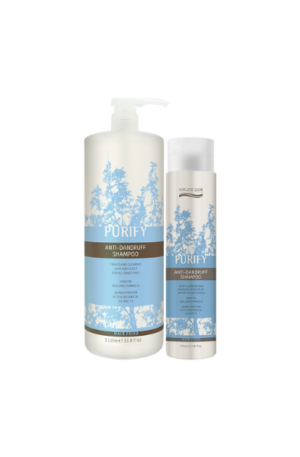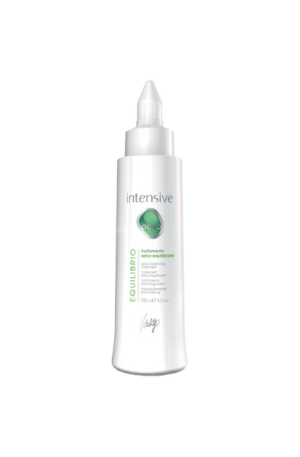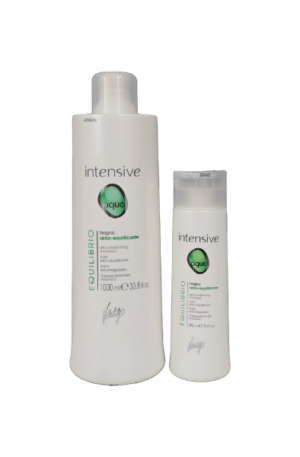Oily Hair Causes & Solutions

What is it?
An oily scalp is caused by over-reactive sebaceous glands on the scalp. Sebaceous glands produce sebum. Sebum (oil) is needed to moisturise our hair. It makes it look shiny and soft. However too much sebum traps dirt, produces dandruff and makes your hair feel greasy.
Causes
-
Why do white flakes come out of my hair when I scratch it? This is Seborrheic Dermatitis, also known as dandruff, which causes irritation and inflammation. Pink scaly patches start to appear on the scalp which is where most of the sebaceous glands are located and produce oil.
-
Certain skin conditions such as eczema and psoriasis may cause red scaly patches to appear on your scalp.
-
Overwashing washes out the oil that is needed to moisturise our hair. Hence, the scalp produces even more sebum which makes our scalp oily.
-
Hormonal Imbalances especially during puberty, pregnancy, menopause.
-
Stress may increase oil production.
-
Diet
– Sugar. It causes hormonal imbalances, disrupts inflammatory processes in the body, increases blood sugar levels leading to an increased production of oil.
– Carbohydrates. It increases blood glucose levels, hence, the pancreas needs to release insulin which will balance blood glucose levels. However, excess insulin exacerbates sebum production
– Fried Food. We all know how unhealthy fried food is, and yes, it contributes to an oily scalp too.
– Milk Products. It may come as a shock to some of us, especially for some who love consuming milk products. But apparently, it is responsible for the increase in production of sebum.
– Excess consumption of salt. Due to the lack of water, the body produces oil. Take note of the salt content of the food you consume.
Solutions
Diet
-
Vitamin B can regulate sebum production. Foods such as beans, meat, fish, fruits and vegetables are rich in vitamin B.
-
Low GI carbs such as soy products, green vegetables, most fruits, oats
-
Reduced consumption of food containing saturated fats and trans fats. Foods such as fried food, margarine, cookies, crackers.
-
Zinc intake. Zinc supplements, food such as oysters, red meat, poultry, nuts.
-
Reduced consumption of dairy products
Ingredients to look out for in hair products
-
Aloe Vera has anti-inflammatory properties which reduces the redness on the scalp. It is also moisturising and has anti-aging properties.
-
Tea Tree Oil is antiseptic so it is able to kill bacteria on the scalp and get rid of fungus infections. It is also able t0 fight acne.






